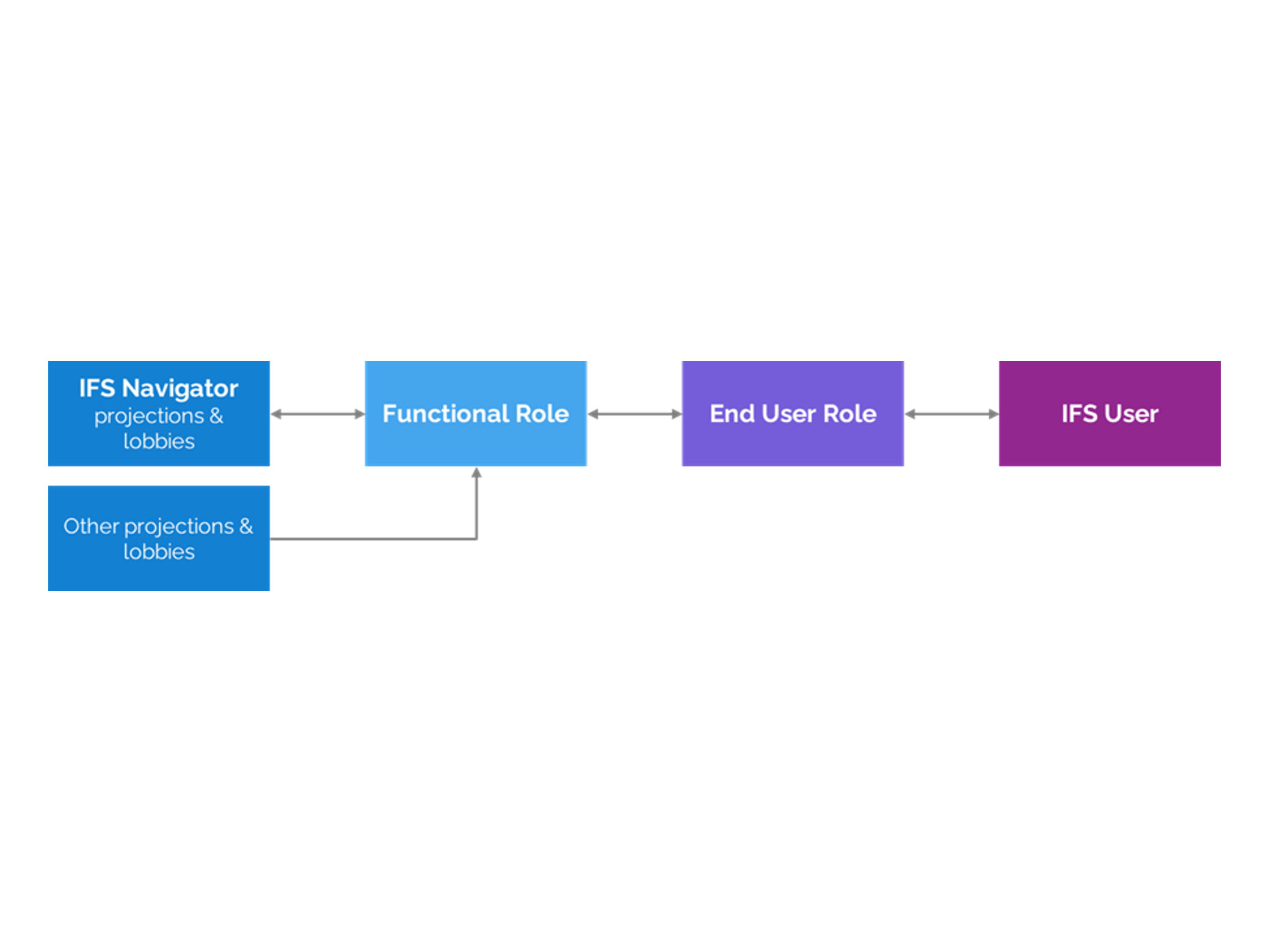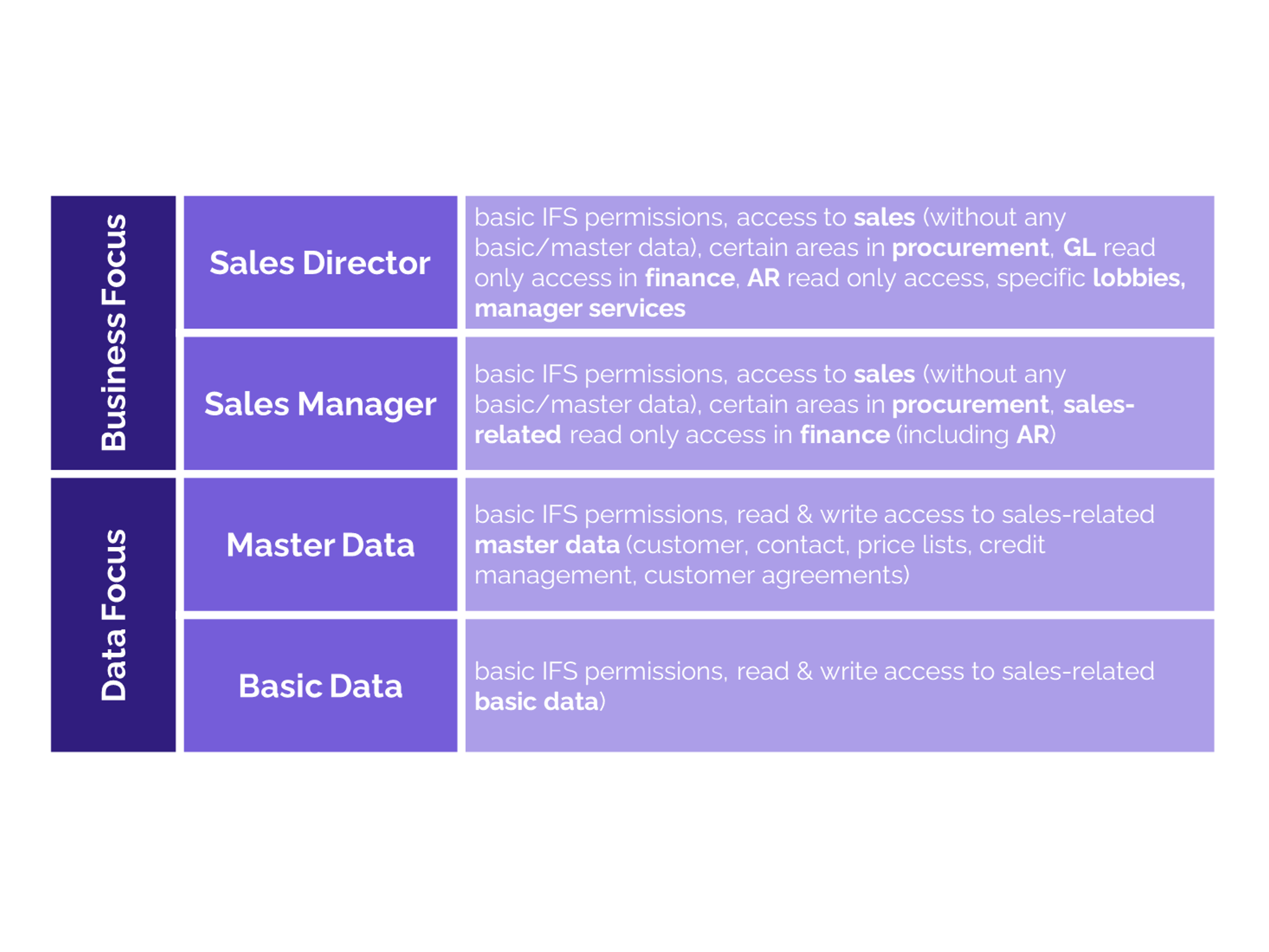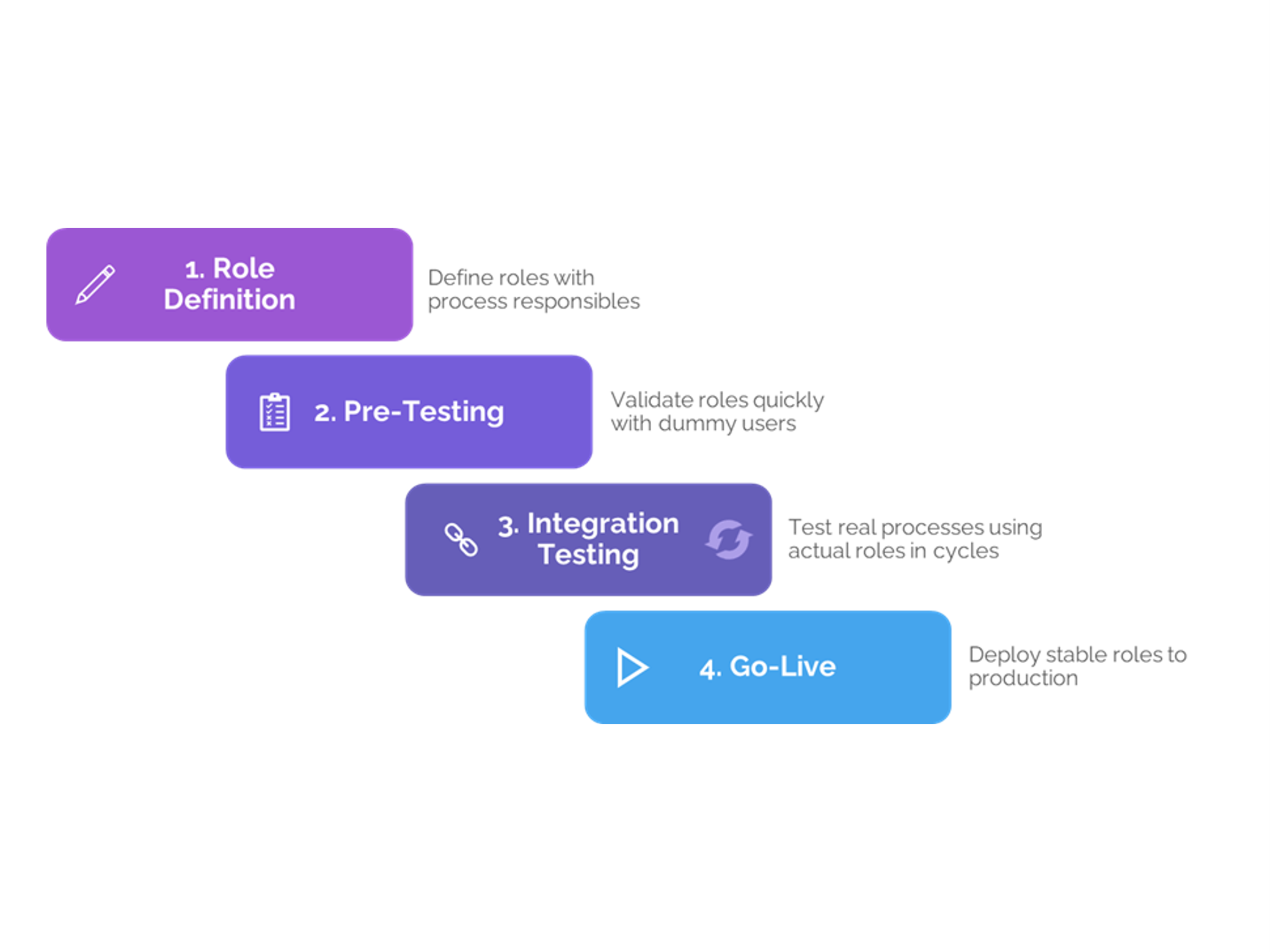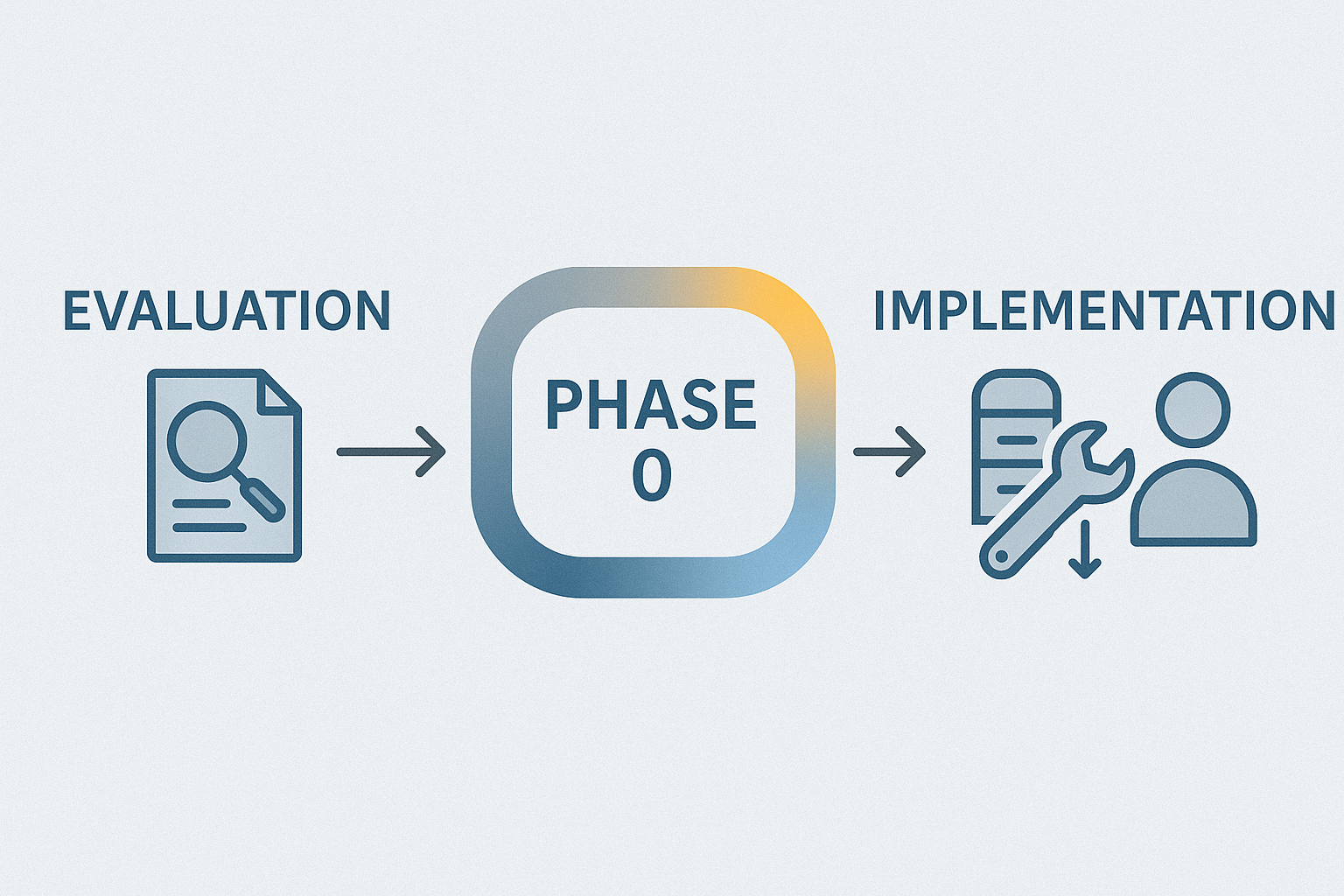Successfully Managing Change
According to a Gartner study from 2016, only 25% of ERP implementations are successful. This statistic may seem daunting at first glance, but challenges and obstacles are a natural part of any project. And one of the most significant challenges in large-scale business projects is often overlooked: change management.
When it comes to ERP implementations in particular, successfully managing change is crucial to ease the transition to a new system. This requires careful planning and structured processes - right from the very beginning.
You may now be asking yourself: “What can change management look like in a successful ERP project?” In our latest blog post, we answer this question for you.
Change management as a key success factor for ERP implementations
Change management is a key success factor in ERP implementations. The importance of a structured approach to managing change is often underestimated, which can lead to unnecessary risks in the project. In this blog post, we show you our 4 tips for targeted change management, which will help you minimize resistance and ensure a successful implementation.
4 tips for successful change management in ERP projects
1. Ask the right questions at the right time
One of the most common reasons why ERP projects fail is a lack of explanation of the project in advance. And here we are right in the middle of the topic of change management. The aim of this is to get everyone involved to accept the change. The first step is to understand why it is necessary. And this is exactly what you need to address in the company in advance. Of course, many questions will arise. It is important that there are appropriate answers for everyone. You should definitely address the following questions in advance:
- What challenges do we have with our current system?
- How do you see the new system solving these challenges?
- What are the benefits for our company, our departments and individual employees?
- How will the new ERP support our future growth?
These questions will almost always come up. The most important insight here is to ask these questions early on and keep them in mind during such an intensive project.
2. Accepts that resistance is natural
If everyone was 100% on board from the start, the world would probably work differently - and our article on change management wouldn't even be necessary. However, the reality here is somewhat different:
At the beginning of an implementation project, there will be many project supporters, to the extent that the call for a new system is justified. On the other hand, most people are unwilling to change and tend to focus on the downsides of the project. Even if they recognize the need for a new system, they may feel more comfortable with the “devil they know”. The key at this stage is to find out who these people are. Develop a plan to deal with them and minimize the risk to your project.
It is important to know the impact of the new system on the corporate culture in general and the way these employees work. This is the only way you can take individual needs and concerns into account and deal with any reactions professionally. Always keep in mind: resistance is natural and your strategic and planned handling of it is the way to achieve your goal. And in the end, the biggest resisters can even become the biggest supporters.
3. Don’t let communication be a minor matter
Communication is always inadequate if it is too infrequent and does not provide the information that people are looking for. The biggest mistake is to think that communication with the team is only necessary when there is something to report.
Remember the 25% successful implementations from the beginning of our post? They certainly had effective communication, because it is closely linked to success. And you'll be surprised how easy good communication can be.
For successful communication that makes your project team more effective and your implementation successful, we have the following tip for you: Follow a communication plan that includes the following questions:
- What do we need to communicate?
- Why do we need to communicate this information?
- When is the best time to communicate?
- How and with whom do we share the information?
Create a plan right at the start of your project that includes all these questions and answers. Use it to plan precisely and regularly when and with whom you communicate in which phase of the project.
4. Understand how effective learning works
For your team to successfully manage the transition to a new ERP system, it is crucial to actively shape learning. This is not just about providing documentation or training. You need to understand in depth
- what impact the changes will have on your colleagues and
- what new skills they need.
Empathy is key here: put yourself in the shoes of your team members to understand the challenges they face. Identify the best learning approach for your team and ensure that regular training opportunities are offered. This will lay the foundation for your team to feel confident and work as professionals with the new ERP system.
Conclusion: Effective change management for a successful ERP project
Numerous factors ultimately determine the success of an ERP project. One of the decisive factors is certainly effective change management. The main thing here is to combine your own strengths, overcome fears and pull together as a team. But if you master this, your project will also be one of the successful 25% in the future.
At 2BCS AG, we benefit from the broad expertise and wealth of experience of our employees in the field of change management. We are happy to support you on your way to introducing your new ERP system with effective change management.
For more information or individual questions about change management, please contact me at [email protected].
Contact us





